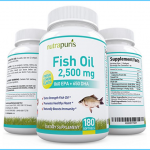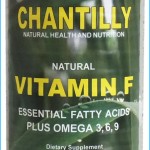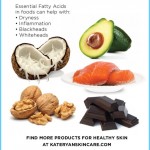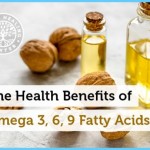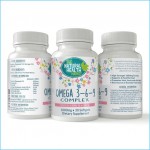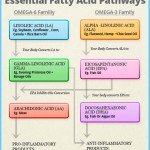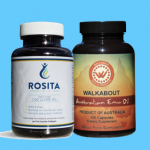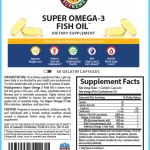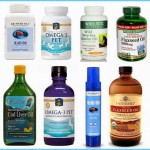The fat in foods or in body fat is made up of individual building blocks called fatty acids. The body can make all but two fatty acids: linoleic acid and alpha-linolenic acid (ALA). Because these two fatty acids are essential to our health and well-being, they must be supplied by the diet. Linoleic acid is considered an omega-6 fatty acid, and is found in leafy vegetables, seeds, nuts, grains and vegetable oils made from corn, safflower, sunflower, soybean and sesame. Alpha-linolenic acid belongs to the omega-3 family of fats; good food sources include canola oil, flaxseed and flaxseed oil, walnuts and walnut oil, wheat germ and soybeans.
When we consume these fatty acids, the body uses them to make other fatty acids—GLA, DHA and EPA are a few important ones. These fatty acids are needed to maintain the structure of cell membranes and make hormonelike compounds called prostaglandins. Prostaglandins, in turn, help regulate blood pressure, blood clot formation and our immune response to infection.
It’s thought that people with CFS don’t metabolize essential fatty acids properly, and this leads to a faulty immune system. One of the body’s natural anti-virus agents, called interferon, requires essential fatty acids in order to exert its virus-fighting effect. Some studies have determined that many CFS sufferers have lowered levels of essential fats in their body.
Based on this evidence, it certainly makes sense to include sources of these very important nutrients in your diet. Perhaps you have cut all types of fat from your diet, thinking this is healthy, only to deprive your body of essential fats. Your daily diet should include at least 4 teaspoons of fats or oils rich in essential fatty acids. I recommend that you emphasize sources of alpha-linolenic acid, since this particular fatty acid is emerging as a very healthy part of the diet.
Should you take a supplement of essential fatty acids? There certainly are plenty available in the health food store. Capsules of evening primrose oil (containing GLA), fish oil (containing DHA and EPA) and flaxseed oil (containing ALA) are all examples. Well, it turns out there is some evidence to support their use. In one study from
Scotland, 63 adults with CFS were given either fish oil (eight 500-milligram capsules per day) or placebo capsules for three months. When the study was over, 85 percent of those given fish oil had a significant improvement in their symptoms.5 As would be expected, there was also an increase in cellular levels of essential fatty acids. I should point out that researchers from the united Kingdom tried to replicate these results and could not. Their study, conducted among 50 patients with CFS, found no difference in symptoms between the fish-oil group and the placebo group.
Despite these mixed findings, you may still want to give these supplements a try. If so, buy a product that offers a combination of EPA and DHA. A good quality fish-oil supplement should also contain vitamin E. This nutrient is added to help stabilize the oils. Avoid fish liver oil capsules. Supplements made from fish livers are a concentrated source of vitamins A and D. Too much vitamin A and D can be toxic when taken in large amounts for long periods of time.
Fish oil has a blood-thinning effect; if you take other medication that thins the blood, be sure to check with your physician first. Follow your healthcare practitioner’s advice for dosage.

